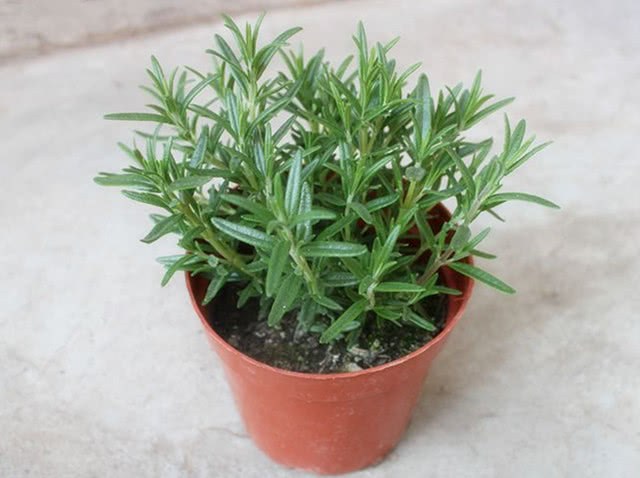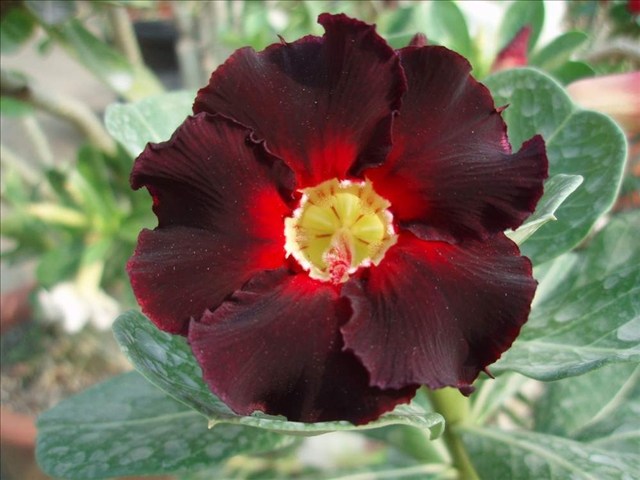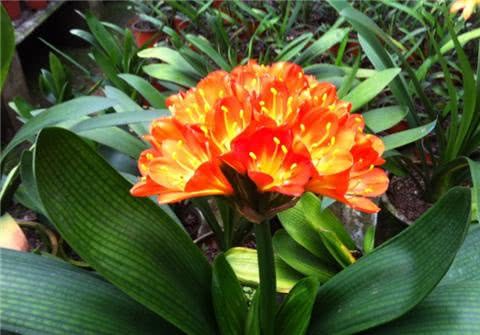Flower bugs? Sprinkle some of these luxuriant leaves

Flowers are prone to worms? Occasionally pour vinegar on flowers, spray vinegar, not only flowers grow strong, less disease, and bright colors, favored by customers. The reason may be that vinegar contains 1-5% acetic acid, as well as glyceraldehyde, milk vinegar, sugars and inorganic salts. When these substances are sprinkled on the leaves of flowers, they can be absorbed and utilized directly, so that the content of chlorophyll increases rapidly and the photosynthetic efficiency is improved.
The main effects of vinegar on flowers are as follows:
First, enhance the disease resistance of flowers
Once found, powdery mildew of rose and rhododendron black spot can be effectively controlled by spraying 150 times vinegar for three times. in addition, spraying vinegar can also prevent and treat flower downy mildew and leaf spot.
Vinegar can promote the growth of flowers and plants
Spraying the whole plant before the camellia bud with 300 times vinegar solution, spraying every 15 days can increase the camellia leaves by 0.2-0.4 cm, the number of flowers by 8%, and the branches by 20%. At the same time, watering flowers and trees with 150 to 200 times vinegar solution can overcome the physiological diseases caused by the pH value of basin soil.
Third, the main points of spraying vinegar
Two points should be paid attention to in spraying vinegar on flowers: first, the vinegar used must be edible vinegar, and chemical industrial vinegar and rotten vinegar should not be used; second, the concentration must be strictly controlled and should not be increased at will, and should be sprayed in the morning or evening.
- Prev

If you want to raise good desert roses, you must pay more attention to these items at ordinary times.
If we want to raise a good desert rose, we must know that it is a very strong flower, it can grow well under any bad conditions, and his words represent strong, desert rose originated from.
- Next

Self-made Clivia fertilizer blooms every year, green and oily
Clivia can view flowers and leaves, beautiful flower posture, dignified beauty, high ornamental value, family farming, can create a green and comfortable environment for us. In the process of conservation, you need to fertilize Clivia. In fact, you can make fertilizer for Clivia...
Related
- Wuhan Hospital Iron Tree Blooming Result Was Instantly Frightened by the Gardener Master
- Which variety of camellia is the most fragrant and best? Which one do you like best?
- What is the small blue coat, the breeding methods and matters needing attention of the succulent plant
- Dormancy time and maintenance management of succulent plants during dormancy
- Minas succulent how to raise, Minas succulent plant pictures
- What are the varieties of winter succulent plants
- How to raise succulent plants in twelve rolls? let's take a look at some experience of breeding twelve rolls.
- Attention should be paid to water control for succulent plants during dormant period (winter and summer)
- Watering experience of twelve rolls of succulent plants
- Techniques for fertilizing succulent plants. An article will let you know how to fertilize succulent plants.

